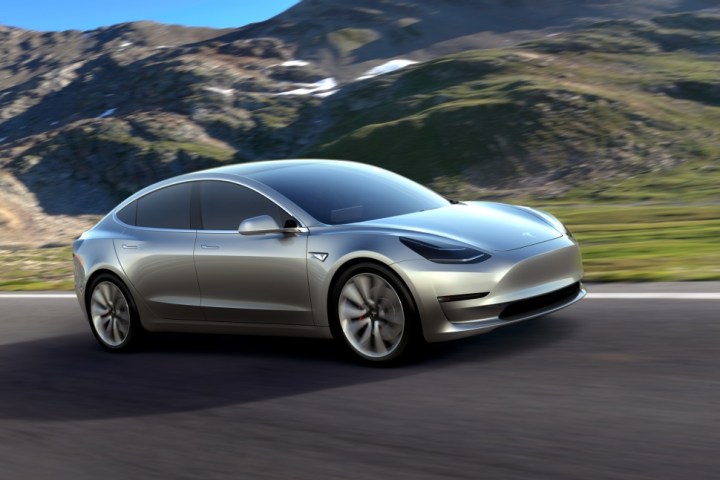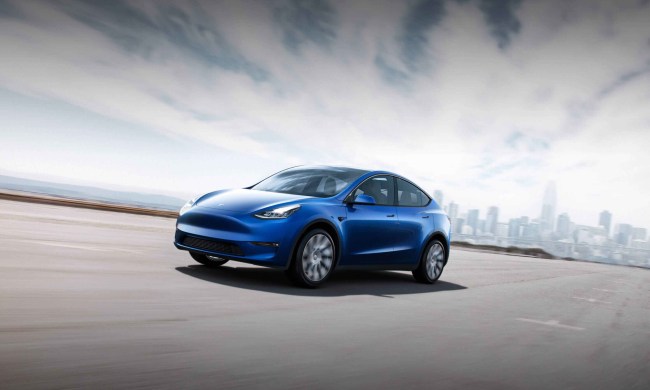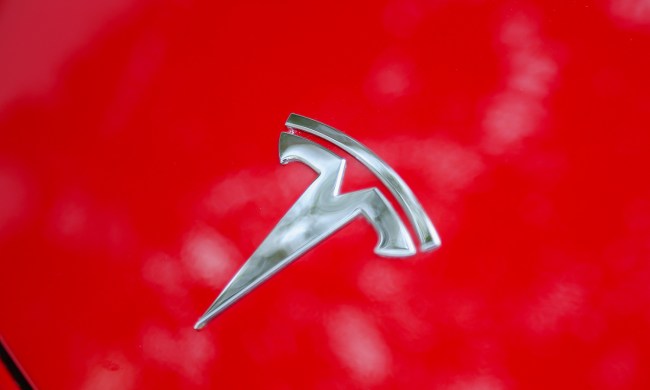
Tesla recently disclosed it has a net 373,000 reservations for the entry-level Model 3 received from March 31 through May 15. That number was adjusted for 12,000 cancellations and 4,200 duplicate reservations the company dropped. as they were likely from speculators. Such huge order numbers for a car that’s still more than a year out have prompted continued pressure to ramp up production, including a planned expansion of the company’s Fremont, California manufacturing plant. Because Tesla is still weeks away from final engineering design signoff, Musk’s statements go against conventional wisdom, but he seems okay with that.
When he told Tesla Model 3 suppliers to be ready for full production run testing in July 2017, Musk said it was necessary to set “aggressive” goals. “Now, will we actually be able to achieve volume production on July 1 next year? Of course not,” he said. “The reason is that even if 99 percent of the internally produced items and supplier items are available on July 1, we still cannot produce the car because you cannot produce a car that is missing 1 percent of its components.”
Musk is pressing forward and already putting suppliers on notice that Tesla expects them to perform. He said that, without speaking of specific parts or suppliers, if they can’t meet Tesla’s requirements, the company intends to bring production of those components in-house. “It’s very important for us to have the ability to produce almost any part on the car at will because it alleviates risk with suppliers.”
Panasonic has said it will do what it takes to increase battery production for all Tesla models including increasing its investment in the Tesla battery plant, according to another Reuters report. The head of Panasonic’s automotive and industrial systems (AIS) division, Yoshio Ito, did not comment on the probability of Tesla being able to meet its production goals. He did remark that “We just don’t want to be a bottleneck.”
There are lots of reasons and arguments why Tesla will never meet its schedule full production line, but it’s also not a smart move to disagree with someone with big dreams and an outstanding track record. Detroit-based auto manufacturing consultant Frank Faga said, “I’d be really surprised if he can launch production by next July. But this is a guy who says he’s going to Mars. Who am I to say he can’t do this?”



